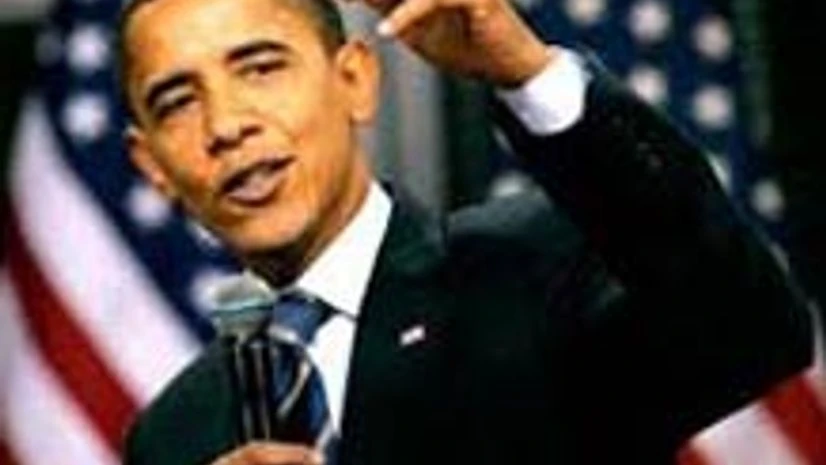Taking a decision on export of natural gas would be a top priority, US President Barack Obama's nominee for the post of Energy Secretary told lawmakers who strongly favoured the plan arguing that this would boost the country's economy and national security interests.
Countries like India and Japan along with China have been seeking permission from the United States allow export of natural gas, which could not be done under the existing laws.
The Department of Energy is in final stages of taking the decision.
More From This Section
"In terms of (decision on) exports (of natural gas), if confirmed, number one, I'll have to really be in a position then to delve into the current situation with regard to the licensed applications. There clearly has to be a public interest criterion applied," Ernest Moniz, the nominee to be Energy Secretary, told lawmakers during his confirmation hearing, yesterday.
"For example, really understanding and observing what happens with kind of elasticity of production when and if there are exports. Are we producing more gas? Are we producing more wet gas, which provides more natural gas liquids for our manufacturing industries? So I think there are multiple components," he said.
"I think the important thing, is to, first of all, note that in the overarching public interest criterion, the status of the domestic natural gas market is clearly right up in that list of criteria. We will then move forward, if I'm confirmed, to make judgements license by license, or application, but using all those criteria, including the one of cumulative impacts," Moniz said.
Senator Debbie Stabenow said, the Boston Consulting Group in a recent report concluded that affordable natural gas prices could lead to five million new manufacturing jobs.
Senator John Barrasso pointed to Moniz's 2011 report entitled The Future of Natural Gas, in which he wrote that American security interests can be strongly affected by the energy supply concerns of its allies.
He went on to explain that the cutting off of natural gas to Europe demonstrated Russia's market power in a situation where key allies have inadequate alternative supplies of gas.
Barrasso said Russian gas makes up 48 per cent of the gas consumed in Germany, 71 per cent of the gas consumed in Poland and Turkey, 100 per cent in Latvia, Lithuania and Slovakia.
So in January he introduced a bipartisan legislation, Republicans and Democrats together cosponsoring, which would expedite LNG exports to NATO allies and to Japan.

)
